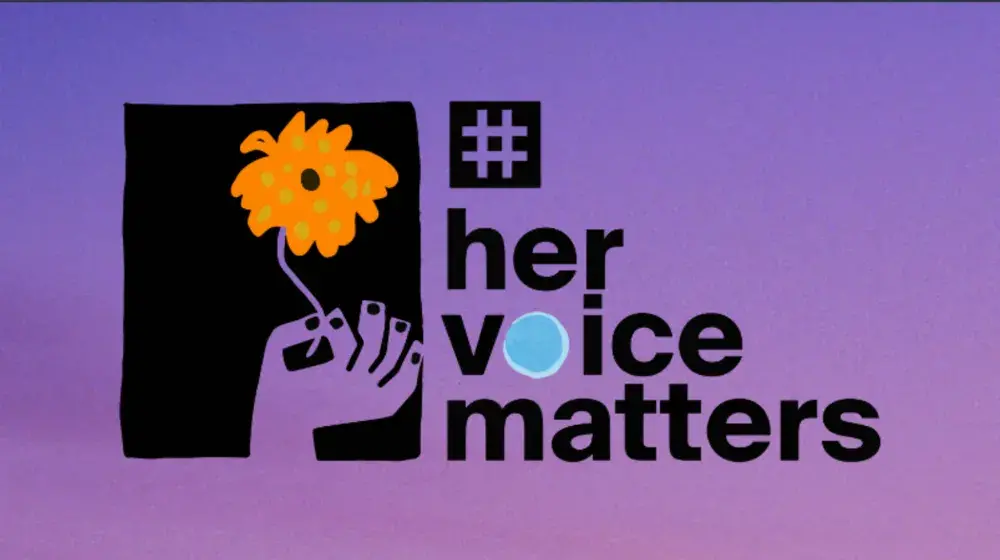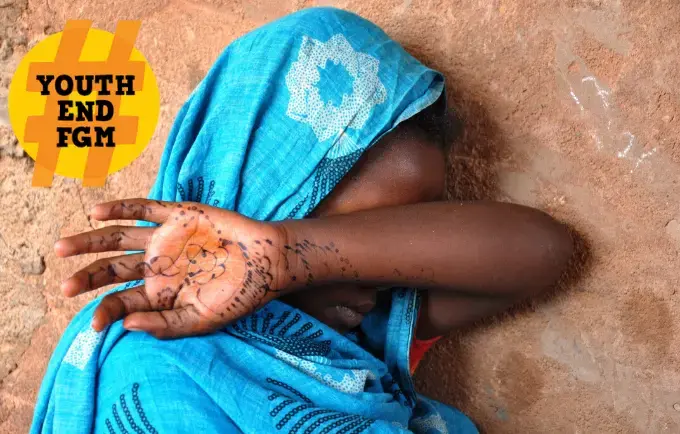Female genital mutilation limits opportunities for women and girls around the world to exercise their rights and realize their full potential. While progress has been made, there’s much more to be done.
Indeed, this progress needs to be at least 10 times faster to meet the global target of ending female genital mutilation by the year 2030.
Women-led and survivor-led organizations, especially at the grassroots level, have an in-depth understanding of the challenges that women and girls face and are vital resources on how to advance their rights. With that in mind, the theme of the International Day of Zero Tolerance for Female Genital Mutilation this year is: “Her Voice. Her Future. Investing in Survivor-Led Movements to End Female Genital Mutilation.”
For more than a decade, the UNFPA-UNICEF Joint Programme has supported survivors and prioritized investments in survivor-led initiatives.
Female genital mutilation, which involves the altering or injuring of female genitalia for no medical reason, can cause health complications including severe infection, chronic pain, depression, infertility and death. Internationally recognized as a human rights violation, it has been practiced by societies across the ages. There are now more than 200 million survivors.
In 2024, nearly 4.4 million girls – more than 12,000 a day – are at risk around the world. Unless efforts to end this practice intensify, the number of girls at risk is projected to rise to 4.6 million in 2030. An estimated $2.75 billion is needed to end the practice by 2030 in 31 priority countries.
The leadership of women and girls is key to accelerating progress, as well as to contributing to equitable social and economic development and ensuring that no girl or woman is left behind.
Join us on 6 February in amplifying survivors’ voices and investing in survivor-led movements. Share with the world how #HerVoiceMatters in leading the #EndFGM movement.




